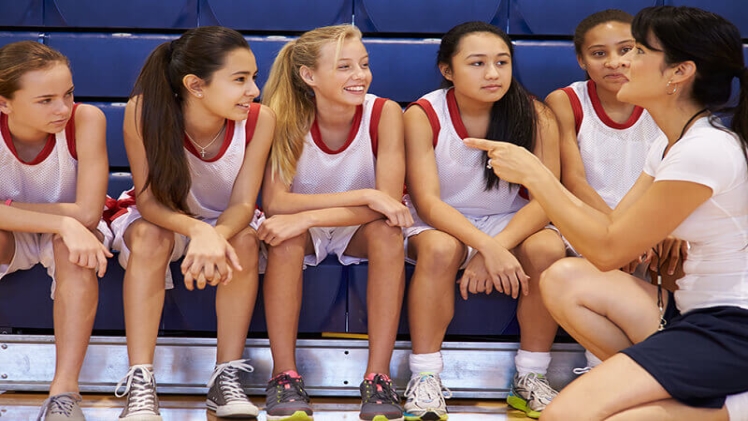Overlearning and Execution Focus
Extensive practice to overlearn skill Simulate competitive situations to practice skill transfer Simulate adversity to practice overcoming problem situations using mental tools and skills Integrate mental skills training concepts in competitive situations Effectively deal with adversity and obstacles Systematically evaluate and revise mental skills training program.
Acquisition Phase
In the acquisition phase of MST, the goal is to help athletes acquire desired skills. As with physical skills, mental skills are best developed through a structured training program, starting with development of the basics of a given skill. As athletes become more proficient, you can begin teaching them how to use the skills as part of their mental game plan. Although well intentioned, simply instructing athletes to “relax,” “stay loose,” “don’t choke,” or “focus” is a limited approach. In most cases, athletes recognize the debilitating effect of being overly anxious or unable to concentrate, and vague instructions do not teach them how to make a change.
Implementation Phase
As with physical skills, mental training tools and skills are maximally effective only when athletes have overlearned them to the point they become habit and can be used automatically without having to consciously think about when and how to use them. Thus, the implementation phase of MST involves helping athletes practice using the tools and skills to the point of overlearning, and only then teaching athletes to apply mental skills to actual performance situations. To do this, athletes use the tools and skills in simulations, scrimmages, and low-level competitions that gradually become more and more like full competition.
Read more about: f95zone


